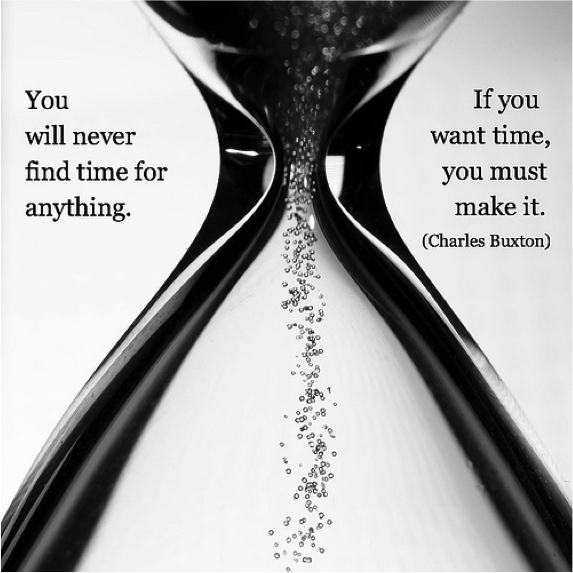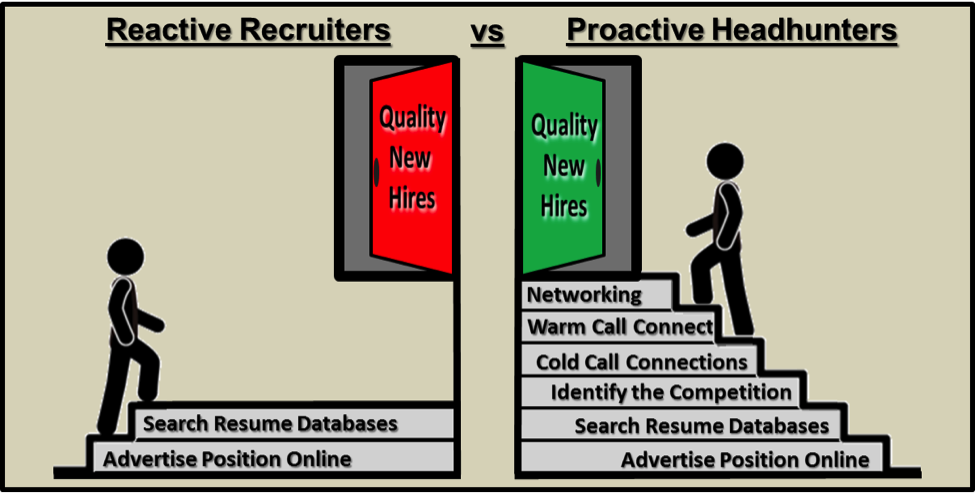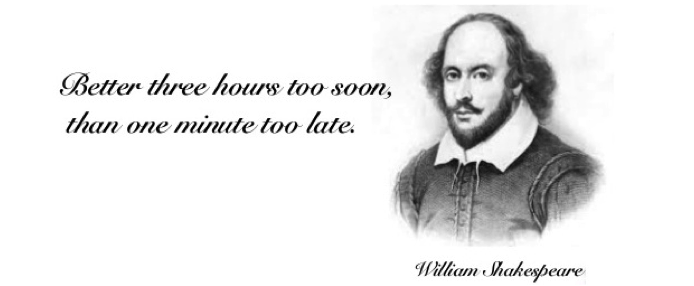Preparing for the Expected
Knowing in advance that an incident will happen is not the same as preparing for it. It’s like knowing you have an exam coming up but not studying for it. It might as well be a pop quiz.
Being proactive in this case is essentially synonymous with advance planning. You know a situation will arrive – a tax bill from the IRS – and you can prepare for it throughout the year – quarterly payments.
The scope of the upcoming incident will affect how many resources are needed to manage it. Even so, whether you are getting ready for a family outing or an IPO, the process of being proactive is the same.
Take for example, this illustration of proactive v. reactive headhunters. While it’s the same job, it’s pretty easy to imagine two significantly different outcomes.
Preparing for the Unexpected
Some people thrive under pressure. If this is you, you may know a deadline is coming but you don’t start working on a project until the deadline is imminent. Perhaps this process works sometimes, but what if you hit a situation where you have only two days left before a deadline and discover you need data that will take three days to gather? You are rarely worse off if you prepare in advance. The worst-case scenario is that you have reallocated some time that you could have invested elsewhere and now, you have time to spare and are more stress free. Conversely, if you do realize that last minute actions are warranted, you’ll have the space and peace of mind to take the necessary actions.
Taking a proactive approach puts you ahead of the curve for any unexpected situations life throws at you. Being proactive is insurance that reduces the impact of a crisis. No one plans to have a disabling accident – that’s what makes it an accident – but people with disability insurance are better off.
Proactive habits will lead to more opportunities as well. We will never know when unforeseen opportunities present themselves, but if we are proactive, we’ll have a much better chance of capitalizing. Take for instance, a second string quarterback who practices just as hard as the first string. He knows that he may never play a minute in a game. When the first string quarterback goes down with a dislocated knee, the backup quarterback has the skill, preparedness and confidence to contribute because he was proactively preparing himself for the chance that this occasion presented itself. You may be asking yourself, “But what if the first string quarterback didn’t get injured, then all the second string’s efforts would be for naught.” This is correct. The point is that we don’t know when or where opportunities will present themselves. Our proactivity in certain areas may not yield results. However, if we can be proactive in the areas of life that are important to us, we have a much better chance of succeeding when those potential opportunities or pitfalls do inevitably surface.
Damage Control
Sometimes we’re not going to be as proactive as we’d like to be and this can result in an unfavorable situation. Even then, we have a choice. It may be easier in the short term to ignore the problem or hope that it will work itself out, but the reality is that most problems not addressed will grow in complexity and become increasingly more difficult to address. Being willing to take action when a problem or issue presents itself is part of proactive behavior – you are neither reacting impulsively nor allowing a situation to play out on its own. With most situations, a timely action will yield the best outcome.
Making Time Work for You
The management consultant, Peter Drucker said, “Time is the scarcest resource and unless it is managed, nothing else can be managed.”

One of the greatest gifts received from being proactive is that it increases your ability to manage time. How many times have you started cooking a dinner only to realize that because you were rushing in the grocery store, you forgot an ingredient? Then, you either needed to go back to the grocery store, ask someone to pick up the ingredient or borrow it from a neighbor. Regardless, because you weren’t double-checking your grocery list (measuring twice), you lost precious time.
This same pattern shows up again and again in work and personal life. In general, it’s more time consuming to fix a problem than preventing or mitigating it. Although it may feel like it at the time, the time you spend in advance is not a liability. It is one of your greatest assets.
Suggested Habit to Cultivate: Clarity Break
We can proactively begin to make time work for us and gain control of time in our personal and professional lives by taking something often referred to as a “Clarity Break”. This could be 30 minutes every day, 2 hours once a week, or a full day once a month, where we simply take a step back from working “IN” our lives, to working “ON” our lives. This intentional perspective can lend itself to profound insights that can subtly or dramatically change the trajectory of both our personal and professional lives in ways that will save us tremendous amounts of time.
The idea of a clarity break is nothing new. Great leaders of the past have taken a similar “pause” in their lives to gain clarity. It has helped them to rise above the fear, frustration and noise of daily life to gain clarity, insight and direction. There is no “right way” to take a clarity break. Some people take it in nature, some in a hammock and others in their backyard, and some others at Starbucks. It’s up to you. Give it a try and write in your journal if and how you thought it was valuable. If the clarity break was meaningful for you, perhaps you’d like to implement it into your daily, weekly or monthly routine.
Preventing or Reducing Negative Outcomes
Another benefit of living proactively is that it will support you in preventing or reducing negative outcomes in your life. How you handle routine health care provides a prime example. If you are a person who chooses to see the doctor for wellness exams regularly, you are more likely to detect an illness or condition early. If you identify and treat high blood pressure, your chances for a stroke decrease significantly. Even a minute after the stroke occurs is too late.
A missed opportunity is a negative outcome as well. When we are routinely evaluating our business or personal goals, we are prepared to respond to an opportunity when it arises. Imagine that you learn through a colleague that a large vendor is accepting bids on a project but the deadline is only days away. How ready are you and your team to turn the proposal around that quickly?



